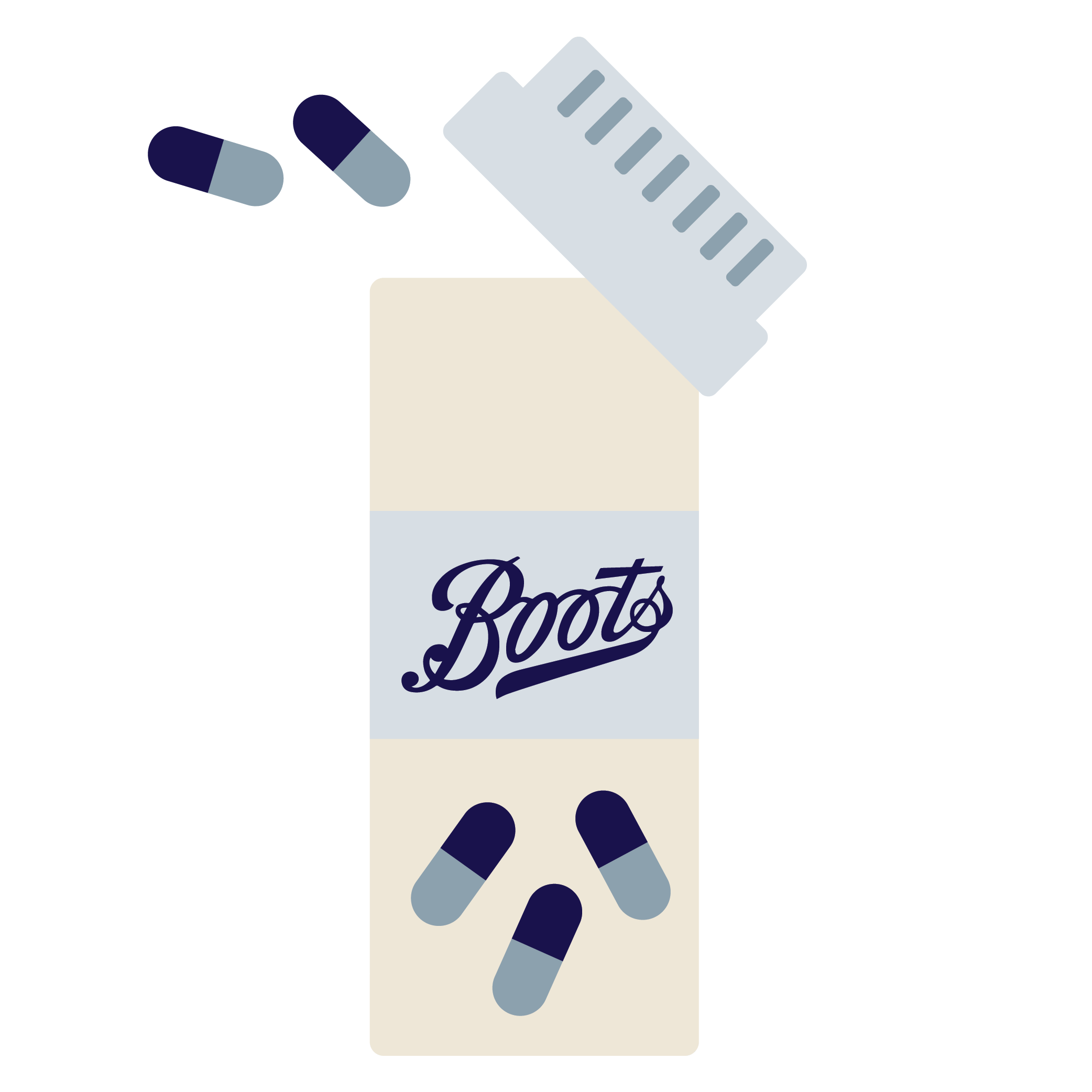
PSORIASIS TREATMENT FACTS
About psoriasis treatments
We offer two main types of treatment: topical steroids and topical steroids combined with vitamin D compounds. The treatments come in the form of gels, ointments, creams or foams, depending on where they’re meant to be used. We’ll help you find the treatment and strength that’s right for you.
How do psoriasis treatments work?
Steroids help by reducing skin inflammation and the vitamin D compounds change the skin cell life cycle.
These treatments come in the form of creams, ointments or foams depending on where they need to be applied. We can also prescribe a specific treatment for your scalp. You apply them directly to the patches of affected skin to reduce inflammation and soreness.

How do I use the treatments?
You apply topical steroids with clean hands directly onto the areas of inflamed skin. Most people will need to apply it as directed for one to two weeks.
It’s absolutely vital that you keep your skin well moisturised by using an emollient cream or ointment with your treatment. Liberal amounts of regular moisturiser is crucial for managing psoriasis, no matter what other treatments you’re using.
What are the side effects?
When used as prescribed, topical steroids have few side effects. In some cases, the long-term use of steroid creams and ointments can make your skin thinner and inflamed. Treatments that contain vitamin D can also cause itching, burning and dryness where they’re applied.
For the full information of a medicine’s side effects and how to use it, it’s important to read the Patient Information Leaflet that comes with your medicine.
How quickly do psoriasis treatments work?
You should see improvement within 2 weeks of starting treatment using topical steroids. You should not use these treatments for more than 4 weeks without medical advice.
We will contact you 2 weeks into your treatment to check things are starting to get better. Since psoriasis is a long-term condition, you may experience flare ups again in the future. Regular moisturiser use can reduce the frequency of these flare ups.
What are my options if I don’t get treatment?
Tackling a psoriasis flare up early on can help prevent it spreading to other parts of your body.
If left untreated, your skin may become more inflamed and damaged. The most important thing that you can do to manage your psoriasis is to use generous amounts of moisturiser every day.
Important safety information
You must only use topical steroids for short periods of time to get your symptoms under control unless told otherwise by the clinician. When used for too long, your body can start to rely on these steroids instead of making its own.
It’s also important that you tell us which other medicines you’re taking — whether they’re prescription or medicines you’ve bought without a prescription. You must also tell us of any other conditions you live with. We need to know so that we can prescribe a suitable treatment for you.
Page last reviewed by: Dr. Christina Hennessey 21/06/2021

